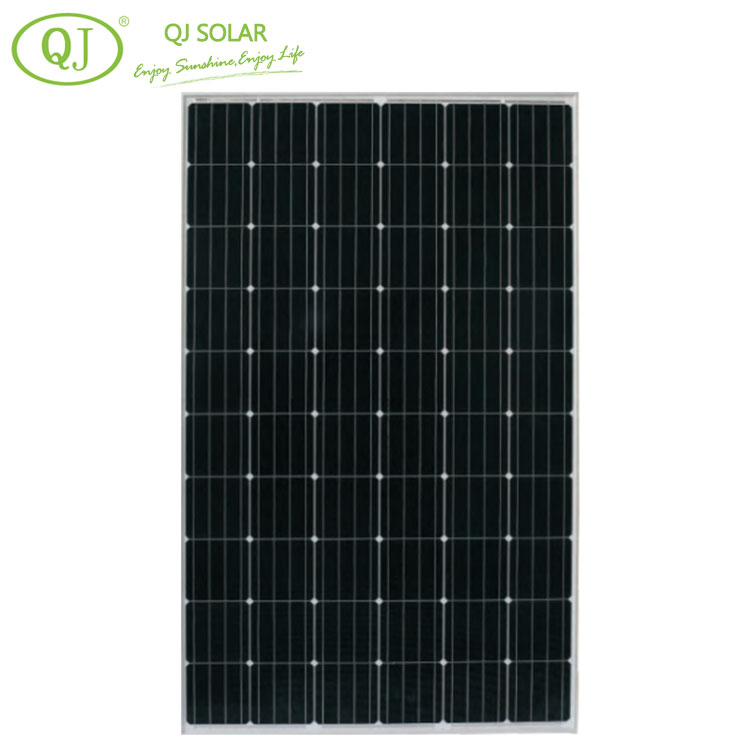Key features and details about monocrystalline solar modules
2023-10-20
A monocrystalline solar module, also known as a monocrystalline solar panel or monocrystalline photovoltaic (PV) module, is a type of solar panel used to generate electricity from sunlight. These modules are constructed using monocrystalline silicon solar cells, which are known for their high efficiency and performance. Here are some key features and details about monocrystalline solar modules:
1. Material: Monocrystalline solar modules are made using monocrystalline silicon solar cells. These cells are created from a single crystal structure, which makes them highly efficient at converting sunlight into electricity.
2. Efficiency: Monocrystalline solar modules have some of the highest energy conversion efficiencies among solar panel technologies. They can convert a significant portion of the sunlight they receive into electrical power.
3. Appearance: Monocrystalline solar modules typically have a dark black or bluish-black color and a uniform appearance. They are often considered aesthetically pleasing and are commonly used in residential installations.
4. Space Efficiency: Monocrystalline modules are space-efficient because of their high efficiency. They can generate more electricity per square foot, making them suitable for installations with limited space.
5. Durability: Monocrystalline solar modules are known for their durability and longevity. They are typically encased in tempered glass and have sturdy aluminum frames, making them resistant to weather and wear.
6. Temperature Tolerance: Monocrystalline modules tend to perform well in high-temperature environments, making them suitable for areas with hot climates.
7. Energy Output: The energy output of monocrystalline solar modules can be affected by shading and obstructions. It's important to install them in areas with maximum sun exposure to optimize their performance.
8. Cost: Monocrystalline solar modules are generally more expensive than some other solar panel types, such as polycrystalline or thin-film. However, their higher efficiency can lead to a higher return on investment over time.
9. Applications: Monocrystalline solar modules are commonly used in residential rooftop installations, commercial buildings, solar farms, and off-grid systems where high efficiency and energy output are critical.
10. Warranty: Manufacturers typically offer warranties ranging from 10 to 25 years for monocrystalline solar modules, guaranteeing their performance and durability over time.
Monocrystalline solar modules are an excellent choice for those looking to maximize energy production in limited space or achieve a specific aesthetic appearance. When considering solar panels for a specific application, it's essential to assess factors such as available space, budget, energy needs, and climate conditions. Monocrystalline modules are favored for their high efficiency and performance in a wide range of environments.



